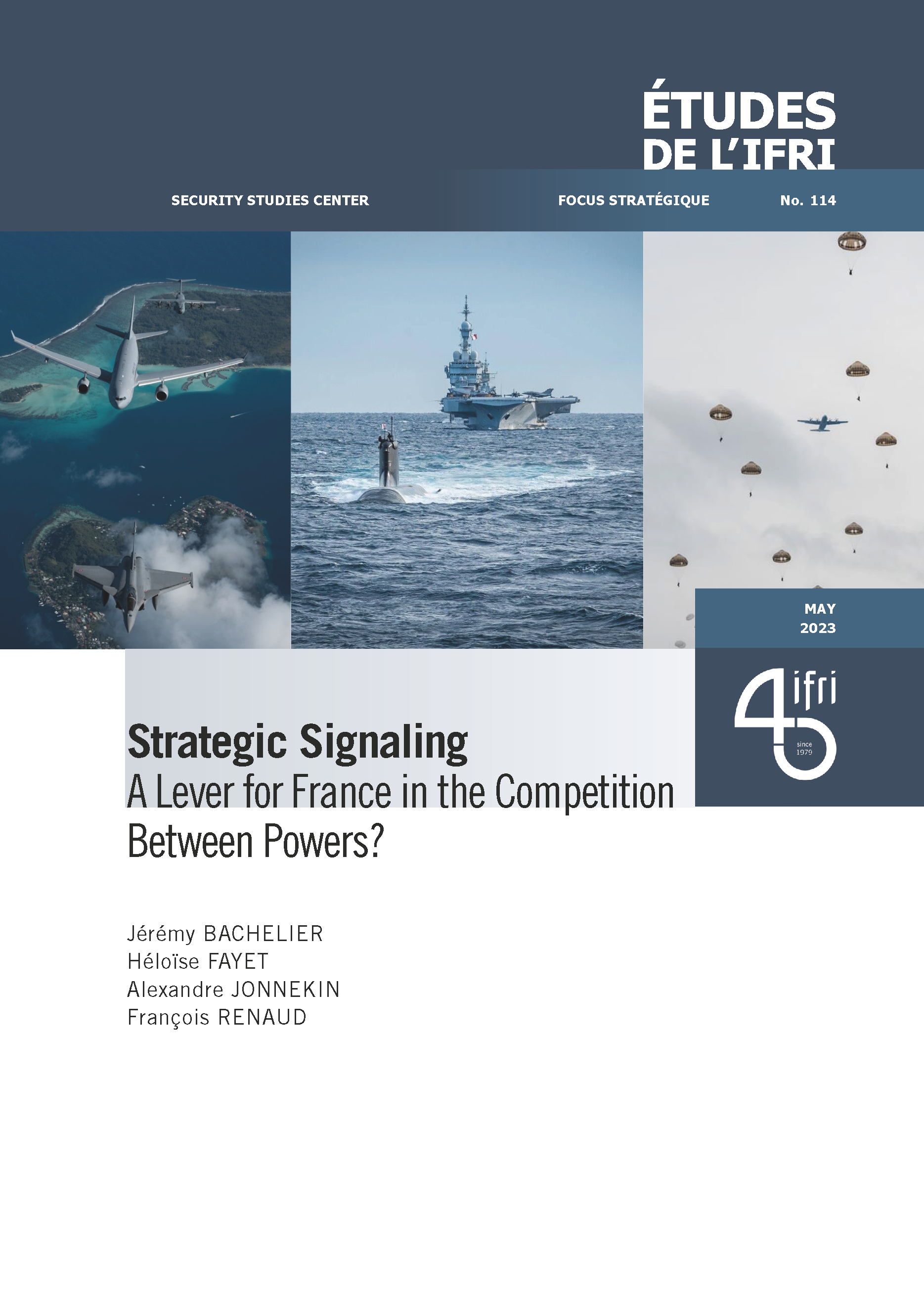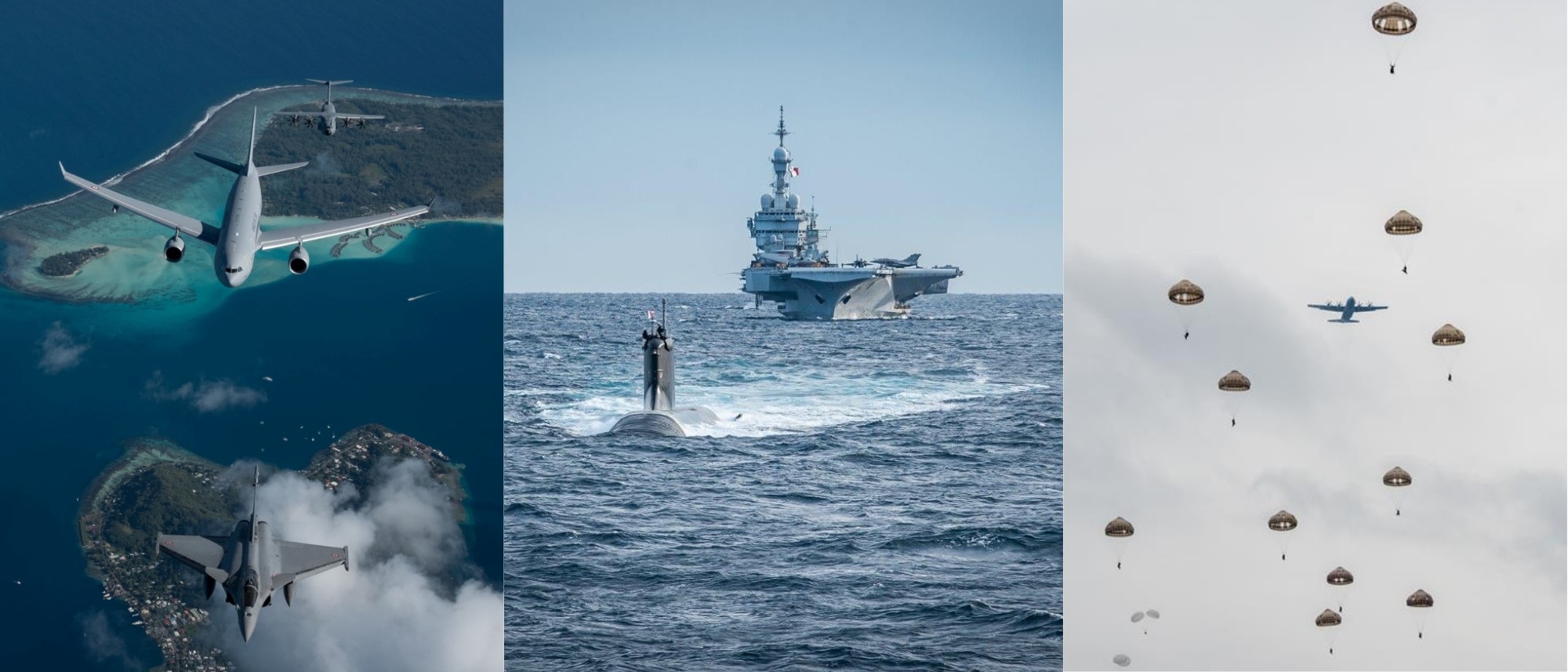Strategic Signaling: A Lever for France in the Competition Between Powers?

From the joint and combined Orion 2023 exercice to the deployment of Leclerc tanks in Romania, through the qualification fire of new missiles, the French armed forces conduct many manoeuvres and activities that are now described as falling under the "strategic signaling".

This concept, resulting from nuclear deterrence, describes a way to spread a strategic message designed at the highest level of government, using several levers, of which military action is one of the main ones. Properly handled, strategic signaling demonstrates France's willingness and credibility to defend its interests and those of its partners. It also allows to modulate the action and reaction of the competitor by avoiding crossing the threshold of the conflictuality, and is part of a broader approach of influence, essential in a perspective of a multi domain integrated action.
However, in order to be effective, that is to say correctly perceived by allies and opponents, this strategic signaling must be in line with the resources available to France, and with a coherent strategy that is still struggling to be defined over the long term. In addition, there is a need to ensure greater fluidity in the design and conduct of signaling, which is still sometimes confused with simple operational communication. Finally, to verify that the message has been understood and has had an impact, it is essential to engage in reflection on the feedback, particularly through the intelligence services.
Download the full analysis
This page contains only a summary of our work. If you would like to have access to all the information from our research on the subject, you can download the full version in PDF format.
Strategic Signaling: A Lever for France in the Competition Between Powers?
Related centers and programs
Discover our other research centers and programsFind out more
Discover all our analysesThe Franco-German Brigade and the Revival of European Defense
One thing has been clear since Donald Trump's return to the White House: the very existence of the European unification project is threatened. Unless it develops a sovereign defense policy to counter the war in Ukraine and the weakening of American security guarantees, the European Union will continue to see its internal cohesion and external attractiveness wane.
Taking the Pulse: Can Europeans Build Their Independent Extended Nuclear Deterrent?
Confronted with a U.S. disengagement and the Russian threat, Europeans are reconsidering their stance on nuclear deterrence. Given the capabilities of the French and British arsenals, can Europe develop an independent nuclear deterrent?

RAMSES 2024. A World to Be Remade
For its 42nd edition, RAMSES 2024 identifies three major challenges for 2024.
A Transatlantic Defense Industrial Base? Two Contrasting Views
The evolving landscape of global defense cooperation has brought the transatlantic relationship between the United States (US) and Europe into sharp focus. As geopolitical tensions rise and the threat environment becomes more complex, the question of how Europe can best ensure its security while navigating its relationship with the United States has become paramount. This double feature report offers two contrasting views on the dynamics of US-Europe defense industrial relations, highlighting the challenges and opportunities that lie ahead for both parties.












